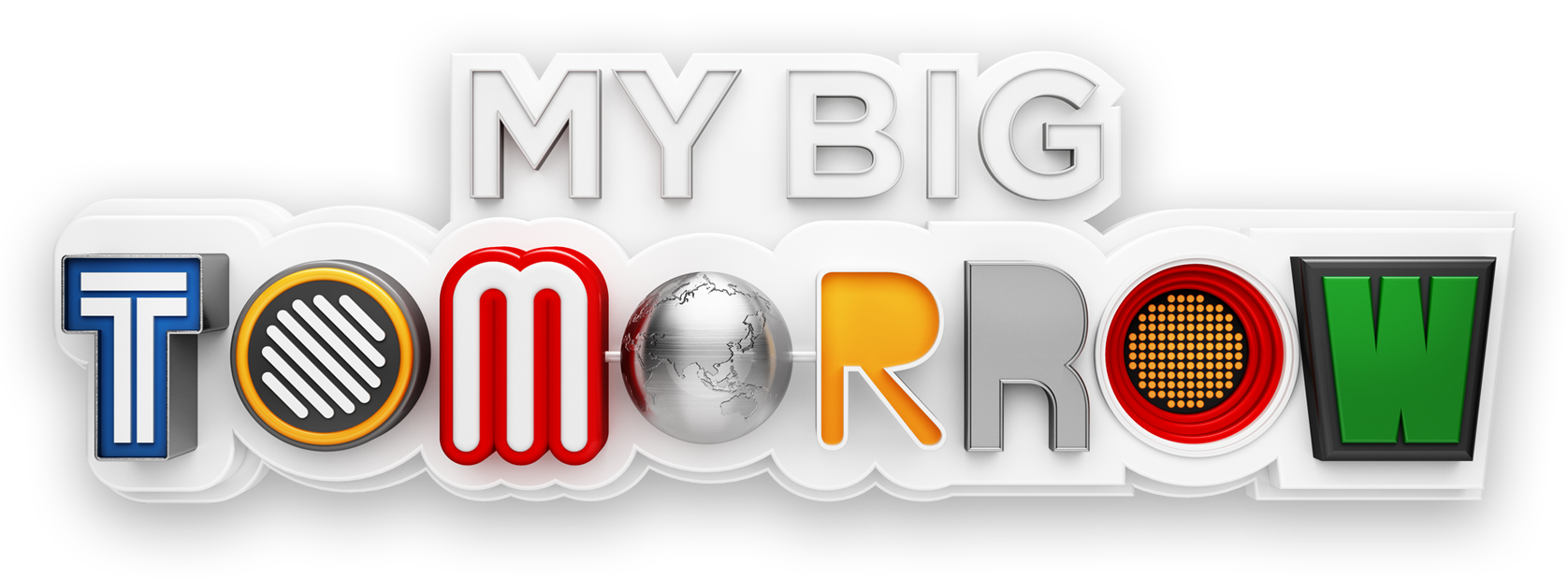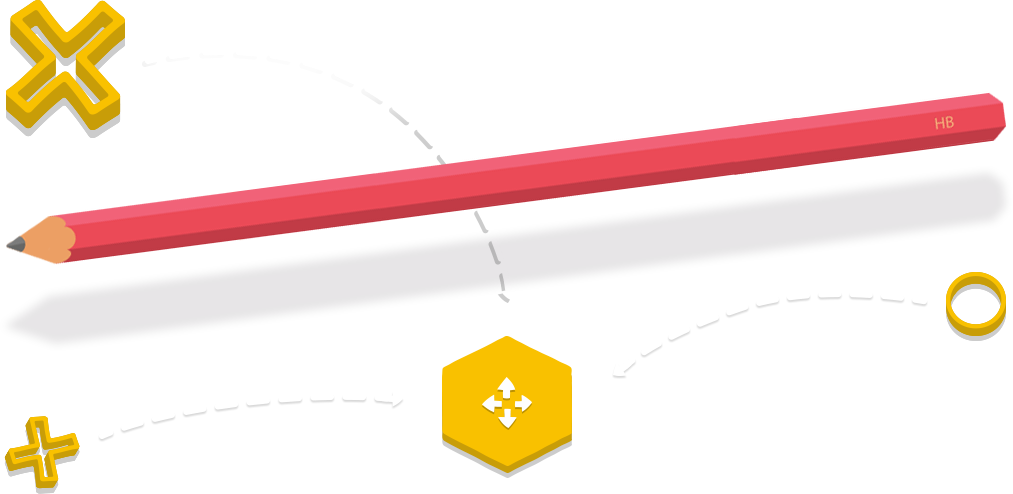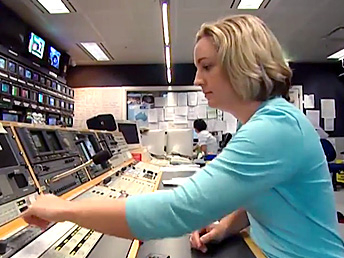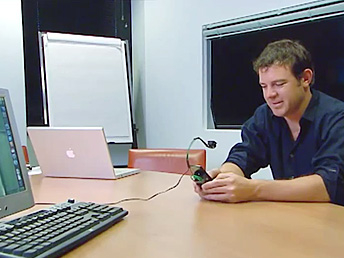
Systems Administrator
Your role as a systems administrator involves maintaining network operation and back-ups of an organisation, plus managing web, mail and database servers. You also support all staff and network users with any problems that occur.


What the job looks like
Salary expectation
starts at $45,461 up to $85,663+

The good
- Working with technology
- Being able to solve problems and help people
- Potential to move across to other areas like programming
- Possibility of working overseas
The not so good
- Sometimes being bombarded with problems
- Working at a computer every day
If you have an interest in computer networks and solving problems, then you should enjoy the responsibilities of being a systems administrator.
Nearly every organisation relies on computer networks. It is your job to manage these networks every day, trouble shoot any problems that occur, install new software and control servers.
You will also have to keep up with technological advances such as cloud storage and Wireless Access Networks (WAN).
All these things usually involve an understanding of mathematical models and you will need good English skills to communicate effectively with others – especially when solving a problem.
If you enjoy information technology, solving problems and working as part of a team, then a career as a systems administrator could be for you.
It’s very social and there is always a new challenge you have never seen before, the fun part is solving the problem.

Pathways to this career
Subject suggestions for the HSC
Choosing your HSC subjects from this list could really help with your career. Think carefully about what you want to study after school as you might need to choose specific HSC subjects for that course and to count towards your ATAR (Australian Tertiary Admission Rank). An ATAR is your academic rank in relation to other HSC students and helps with University admission.
HSC subjects
Some subjects will count towards your ATAR, others will not. Check with your career advisor before making subject selections.
- English (Standard or higher)
- Mathematics (2 unit or higher)
- Information Processes and Technology
- Software Design and Development
What can I do after I have finished school?
University degrees
Studying one of these degrees can help with your career.
- Bachelor of Computer Science
- Bachelor of Information Technology
Courses and qualifications
Courses and qualifications can give you a great start.
- Certificate IV Computer Systems Technology
Suggestions
Talk to computer experts you know - either a friend or school teacher
- Start looking into coding and get a basic understanding of networks and systems
- Have a go at developing an app or game, or changing existing code
- Ask if you can volunteer in the IT department of a local company where you live
- Go to career expos and events like university Open Days for information about what you will study


